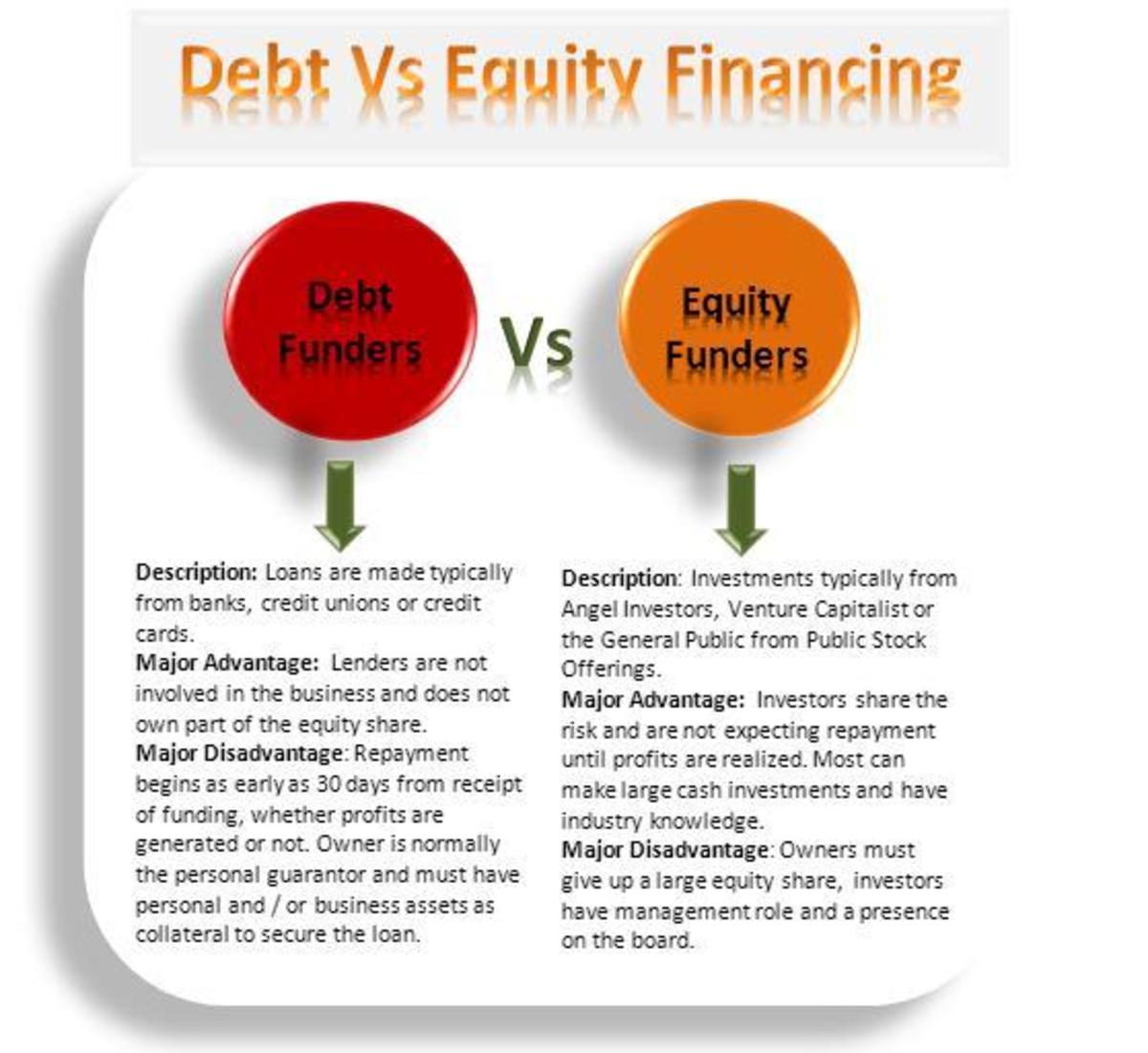What You Need to Know About Wealth Mangement

Wealth management is the process of meeting the needs and wants of affluent clients by providing financial products and service. Since the times of ancient Roman senators hiring financial advisers to lend out their money, people with wealth have needed someone to manage it. High-net-worth individuals thus call upon wealth managers to help them develop strategies of how to effectively manage their wealth. The origins of the term 'wealth management' can be traced to 1933. It came into more use in the private client divisions of firms like Goldman Sachs and Morgan Stanley. These firms formed divisions which were designed to deliver different services from those offered to the mass market.
Wealth managers provide clients with a wide range of services, depending on the client's needs and the focus of the firm. These services include tax accounting, financial planning, investment planning and various insurance services.
About Wealth Managers
Wealth managers usually have a professional backgrounds related to personal finance. In general, wealth managers will have a bachelor's degree and often a master's degree in a business or finance related discipline. There are also specialized wealth management courses available through business schools, certification bodies and other educational sources. Being a wealth manager requires no particular certification, but wealth managers are likely to have a degree in one of the valued fields related to personal finance such as Chartered Financial Analyst (CFA), Certified Financial Planner (CFP) or Chartered Financial Consultant. An international wealth management certification is also available (CWN) from the American Academy of Financial Management (AAFM).

Several firms differentiate between "private wealth management" for the wealthiest clients and "wealth management" for less wealthy clients.
Private wealth management
This is offered specifically to high-net-worth investors. The U.S. Securities and Exchange Commission (SEC) defines an accredited investor as an individual or family that has liquid assets in excess of $1 million, without including the value of their primary residence.
High-net-worth-individuals have accumulated more wealth than the average person, so have access to a wide range of investment products. Private wealth management can be offered by big corporates, independent financial advisors or multi-licensed portfolio managers. Big banks and brokerage houses do offer various investment products for individuals, but HNWIs who do not have time, effort or knowledge to manage their finances will thus seek the services of a skilled wealth manager to monitor their finances. The wealth manager manages the client's money and invests in investment products which align with the client's financial goals.
Family Offices
This is a private company which manages the financial affairs of one or more members of a family. A single family office (SFO) is a private organization that manages the investments of a single wealthy family. The capital of the company is the family's wealth which has been accumulated over many generations. Multi-family offices (MFOs) manage the money of multiple families. They may be established when:
- A single-family office accepts additional clients.
- A single-family office merges with another single-family office.
- A group of financial advisors come together to open a family office and serve varied clients
- A financial institution may decide to create a family office division or subsidiary.
A family office can cost over $1 million a year to operate. For this reason, this service is usually only accessible to families that have a net worth of $25 million or more. Some of the services provided by family offices to their clients include property management, management of legal affairs and day-to-day accounting. Family offices can also provide family management services including family governance, financial and investment education to the client and their children, philanthropy coordination and succession planning.
Family offices basically handle all the family's financial issues so the family doesn't have to. It invests the family's money, manages their assets and distributes payments to the family members as required. Families choose family offices over other wealth management options mainly because these offices tend to treat the family assets more like a business with focus on developing accountability, sustainability and enhancing growth.
Private Banking
This is banking, investment and other financial services provided by banks to high-net-worth individuals. Many large banks have a private banking division. Private bankers consult with their clients and provide services to help them to grow, manage and transfer their wealth.
Private bankers provide highly personalized service to their clients. An account or relationship manager is assigned to each client to manage their assets in a customized way. Due to their sizeable assets, HNWIs receive discounted services at private banks. For example, clients who run exporting businesses may receive discounted exchange rates. They also receive services not available to the general public, like personalized or customized loans and tax advisory.
Privacy is one of the main benefits of private banking. Private Banks provide HNWIs with personalized solutions which are kept confidential. This practice actually attracts new clients on the basis of exclusivity.
Wealth management goes beyond just investment advice; it encompasses all aspects of the client's financial life. A single manager coordinates all services needed to manage the client's money and also plan for their own or their family's current and future needs. "Beyond investment, wealth managers must be able to handle tax, inheritance, mortgages and pensions; they should start from the vantage point of a customer's goals," says Mr. Butler, who is a chartered financial planner at Bloomsbury Wealth.
About Wealth Management Firms
The range of companies which provide wealth management services include:
- Brokerage firms
- Insurance companies
- Investment consultants
- Large banks
- Trust companies
- Multi-family offices
Wealth management firms generally work only with high net worth individuals and families. Morgan Stanley Private wealth management and Bel Air investment advisors, for example, only work with individuals, families and foundations that have at least $20 million in investable assets.
Wealth management firms work under several models. Some are fee only and don't sell investment products while other firms earn commissions on investment products sold. Some firms also combine fee and commissions. Some firms charge a fee based on the services they provide and others charge based on the amount of assets under management.
A client decides how their assets are managed by the firm with discretionary and non-discretionary authorities available. Discretionary investment management is a form of investment management where trading decisions are made by the portfolio manager on behalf of the client.
Non-discretionary investment management is whereby all decisions must be discussed and approved by clients before taking place. Some individuals want to retain a greater amount of control over the day-to-day management of their portfolio than they would get under a discretionary investment option. Some clients are also skilled investors who want their adviser to be more of a confidant of their investment ideas, as opposed to them being the ones making decisions.

Blackrock Inc. which is based in New York City is the world's largest asset manager with over $4.7 trillion assets under management. UBS took top spot in Euromoney's 2016 survey for “Best private banking services overall 2016". JPMorgan, Credit Suisse and Goldman Sachs are some of the other big players.
Wealth management firms are increasingly offering investment advice digitally. Merrill Lynch, Edward Jones and Charles SCHWAB are some firms with the best online advisory services. A wide range of retirement calculators and financial planning tools are available to help you with creating a budget or calculating your needs for retirement.
So how do you know if you have a good wealth manager at hand?
In dealing with a potential wealth manager, get to know the individual and what history they have. How long have they worked there? What is their role in the firm is and what happens if they leave? You can also ask about how much experience they have in dealing with clients like you and what professional qualifications they have.





